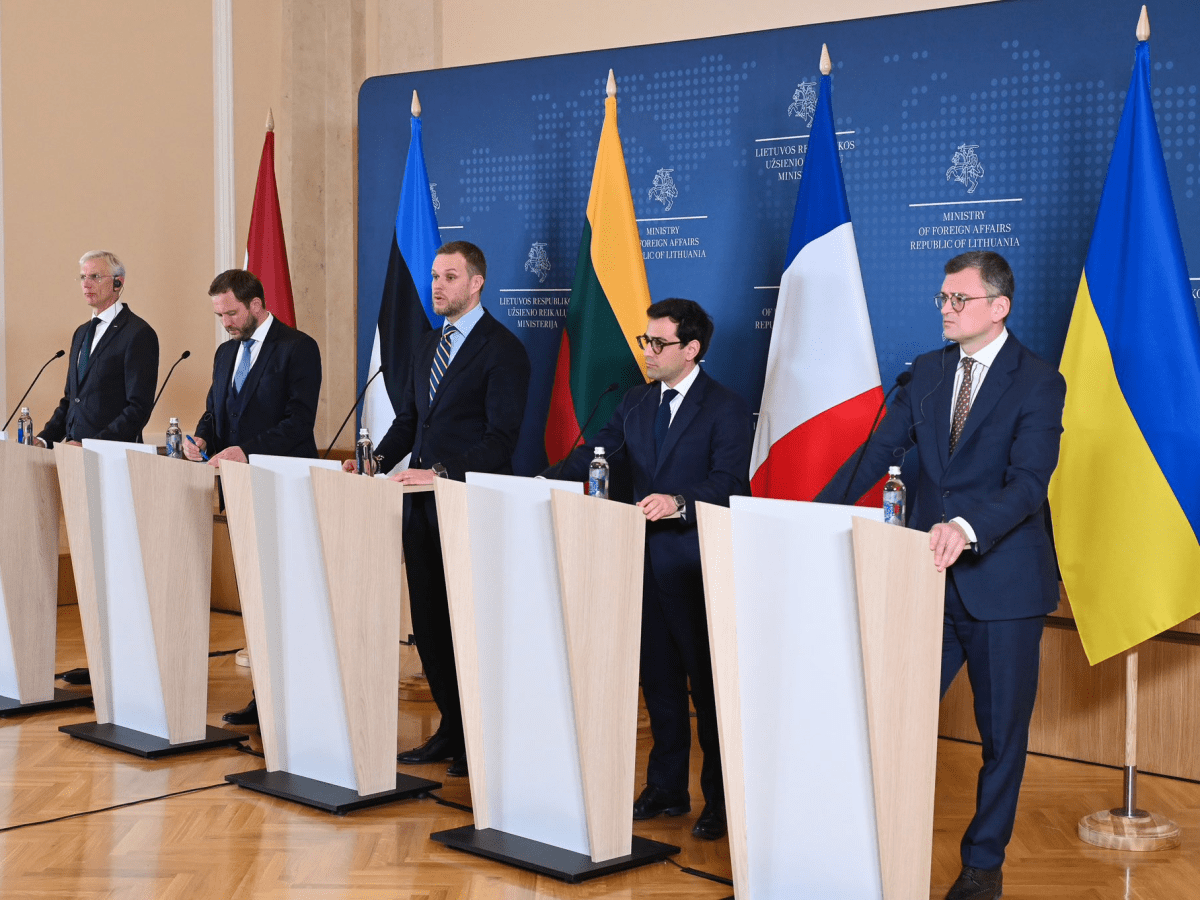
France is looking for allies to potentially send troops to Ukraine, including the Baltic states. This deepens the disputes between Paris and Berlin.
On March 8, French Foreign Minister Stéphane Sejourne visited Lithuania, where he met with his Baltic and Ukrainian counterparts to support the idea that foreign troops could eventually help Ukraine in areas such as demining.
It is not for Russia to tell us how we should help Ukraine in the coming months or years. It is not Russia’s business to organize how we deploy our actions or set red lines. So we decide among ourselves.
Stéphane Sejourne
French Foreign Minister
Sejourne has repeatedly called demining operations with the participation of foreign troops possible, saying that it “may mean having some personnel, [but] not for war.”
The meeting between Lithuanian Foreign Minister Gabrielius Landsbergis and their Ukrainian counterpart Dmytro Kuleba came at a time when Ukraine is suffering from a shortage of artillery ammunition, making it difficult to stop Russian attacks.
Ukraine did not ask us to send troops. Ukraine is asking us to send ammunition at the moment. We are not ruling anything out for the coming months,” the French minister said.
Baltic ministers praised France for “thinking outside the box.”
Which countries are open to the idea of foreign troops in Ukraine
In February, French President Emmanuel Macron raised the possibility that foreign soldiers might have to be sent to Ukraine.
Immediately afterward, most European countries-including Germany, the Czech Republic, and Poland-said they had no such plans. However, the three Baltic states are much more open to this idea.
There can be no “buts”. We have to draw red lines for Russia, not for ourselves. No form of support for Ukraine can be ruled out. We must continue to support Ukraine where it is needed most,” said Lithuanian Foreign Minister Gabrielius Landsbergis.
“The presence of NATO forces in Ukraine is not unthinkable,” Foreign Minister Radoslaw Sikorski said on March 8, adding that he appreciated Macron’s initiative “because it means that [Russian President Vladimir] Putin is afraid, not that we are afraid of Putin.

